



How about the h61 chip for industrial controllers
With the development of industrial automation, industrial computers (IPC) have become increasingly important as the core component of industrial control systems. These industrial computers are widely used in areas such as PLC (Programmable Logic Controller), data acquisition, monitoring, and automated production lines, and require high stability, high performance, and long lifecycles. The H61 chipset-based industrial computer, as an industrial computer based on Intel's H61 chipset, has gradually become the ideal choice for many industrial applications due to its unique performance and advantages. So, how does the H61 chipset industrial computer perform? This article will analyze the features and application scenarios of the H61 chipset industrial computer from multiple perspectives.
1. Overview of the H61 Chipset
The Intel H61 chipset is a chipset launched by Intel, designed for desktop-level processors and is part of Intel’s 6-series chipset family. The H61 chipset primarily supports Intel's second and third-generation Core processors (such as i3, i5, and i7 series), providing stable performance and a certain level of expandability. The H61 chipset not only supports DDR3 memory but also offers various peripheral expansion options via the PCIe interface, such as graphics cards, network cards, and storage devices. As a result, it is very suitable for building industrial control computing platforms that require high-performance processing and expandability.
2. Performance Characteristics of the H61 Chipset Industrial Computer
- Stability and Compatibility: One of the major advantages of the H61 chipset industrial computer is its stability. Industrial control environments typically require devices to operate continuously under harsh conditions, such as high temperatures, humidity, and dust. Therefore, the H61 chipset industrial computer is designed with these specific needs in mind, using industrial-grade components and enhanced cooling designs to ensure long-term stable operation. Additionally, it supports mainstream Intel processors, providing strong compatibility and meeting the needs of most industrial control applications.
- High Performance Processing Power: Industrial computers based on the Intel Core i3, i5, and i7 processors with the H61 chipset offer good computing performance, especially for applications that require strong computing capabilities and concurrent processing. For example, data acquisition, image processing, and monitoring systems can benefit from the fast data processing and response speeds that the H61 chipset industrial computer provides.
- Memory and Storage Expandability: The H61 chipset supports DDR3 memory, which can be expanded up to 16GB, meeting the memory requirements of most industrial control systems. For storage, the H61 chipset provides SATA interfaces, allowing for the easy connection of solid-state drives (SSDs) or traditional hard drives, ensuring efficient and stable data storage. Additionally, the H61 chipset also supports USB 3.0 interfaces, making it easier to connect high-speed external devices and enhancing the system's expandability.
3. Application Scenarios of the H61 Chipset Industrial Computer
Due to its high stability, powerful processing capabilities, and excellent expandability, the H61 chipset industrial computer is widely used in many industrial fields:
- Automated Production Lines: The H61 chipset industrial computer is widely used in industrial automation systems, especially in scenarios that require real-time data processing and high-speed response. Industrial computers based on this chipset can control the PLC of production lines, monitor the operation status of production equipment, execute automation tasks, and improve production efficiency.
- Data Acquisition and Processing: In many industrial monitoring and data acquisition systems, the H61 chipset industrial computer serves as the data processing center, responsible for acquiring data from sensors, analyzing it, and outputting the data through interfaces or networks. Due to its powerful processing performance, the H61 chipset industrial computer can achieve efficient data processing and transmission, ensuring the real-time and accuracy of monitoring systems.
- Video Surveillance and Security Systems: The H61 chipset industrial computer is also widely used in video surveillance and security fields. By integrating high-performance image processing capabilities, it can process high-definition video streams in real-time and enable multi-channel video monitoring and alarm systems. Such industrial computers play a crucial role in urban security, traffic monitoring, and industrial park surveillance.
- Embedded Control Systems: Due to its compact size and low power consumption, the H61 chipset industrial computer is also widely used in embedded control systems, such as intelligent transportation, smart homes, and IoT devices.
4. Advantages and Disadvantages of the H61 Chipset Industrial Computer
Advantages:
- Balanced High Performance and Low Power Consumption: The H61 chipset industrial computer supports Intel Core i3/i5/i7 processors, offering high performance while controlling power consumption, making it suitable for long-term stable operation.
- Rich Interface Expansion: The H61 chipset provides multiple PCIe expansion slots, USB interfaces, and SATA interfaces, making it easy to connect various industrial peripherals, sensors, display devices, etc.
- High Cost-Effectiveness: Compared to some high-end industrial motherboards, the H61 chipset industrial computer offers a better cost-performance ratio, making it an ideal choice for companies with a limited budget but requiring high performance.
Disadvantages:
- Lack of Support for Latest Technologies: While the H61 chipset supports Intel's second- and third-generation processors, it lacks support for newer technologies such as Thunderbolt and PCIe 4.0, which are available in more recent chipset families like the Z-series.
- Not Suitable for Extremely High Load Scenarios: In some extreme high-load applications, such as ultra-high-frequency real-time computing and large-scale parallel processing, the H61 chipset may not provide sufficient performance. In such cases, a higher-end chipset would be a better choice.
5. Conclusion
Overall, the industrial computer based on the H61 chipset, with its high cost-effectiveness, powerful performance, and good stability, has become an ideal choice for many industrial fields. Whether in automation production, data acquisition, video surveillance, or embedded control systems, the H61 chipset industrial computer provides reliable support. For industrial enterprises that need mid- to high-performance computing while maintaining a reasonable budget, the H61 chipset industrial computer offers an economical and efficient solution. Of course, for applications with extremely high performance requirements, more advanced chipsets and industrial computers may be considered.

Please contact us if the source is mislabeled or violates your legal rights.
We will promptly correct and delete, thank you.
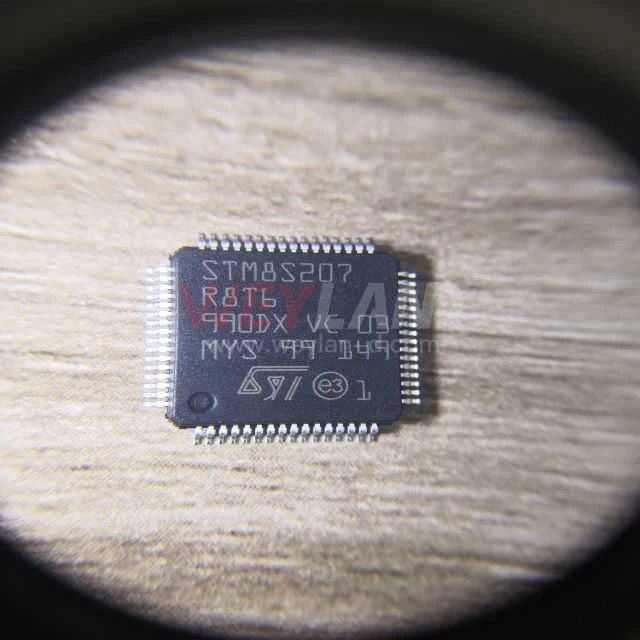
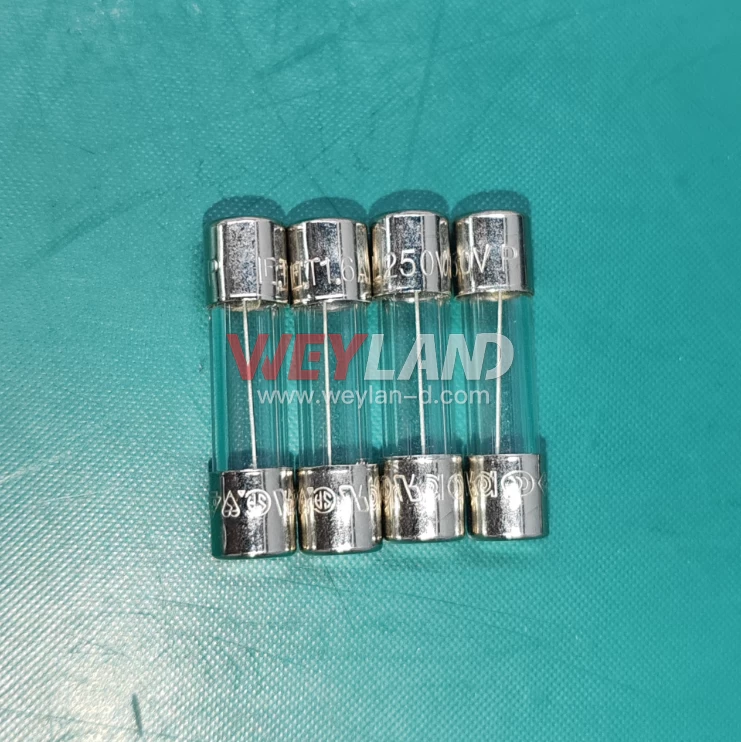
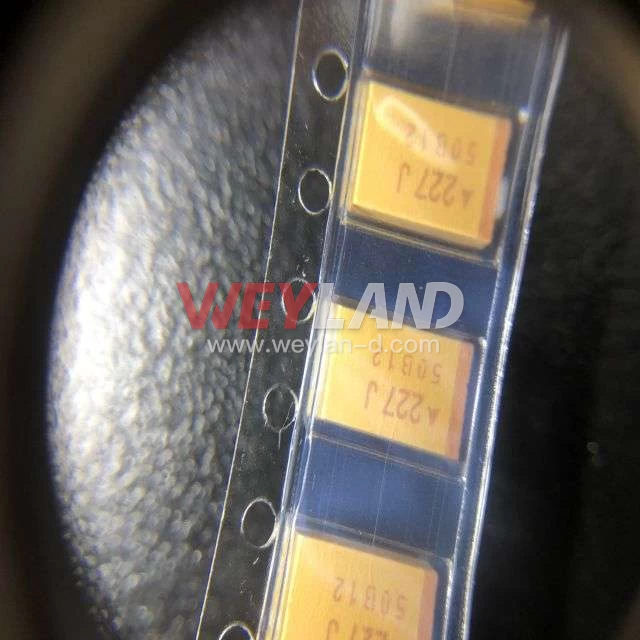
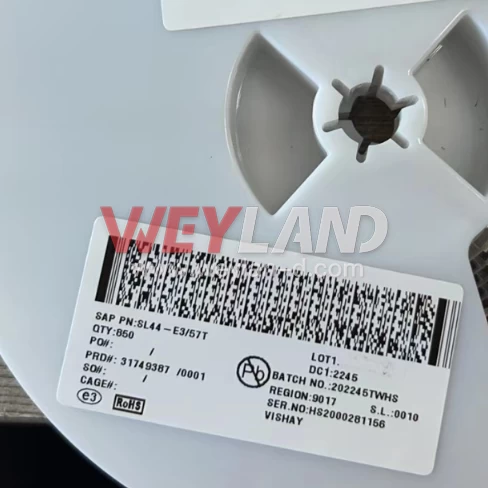
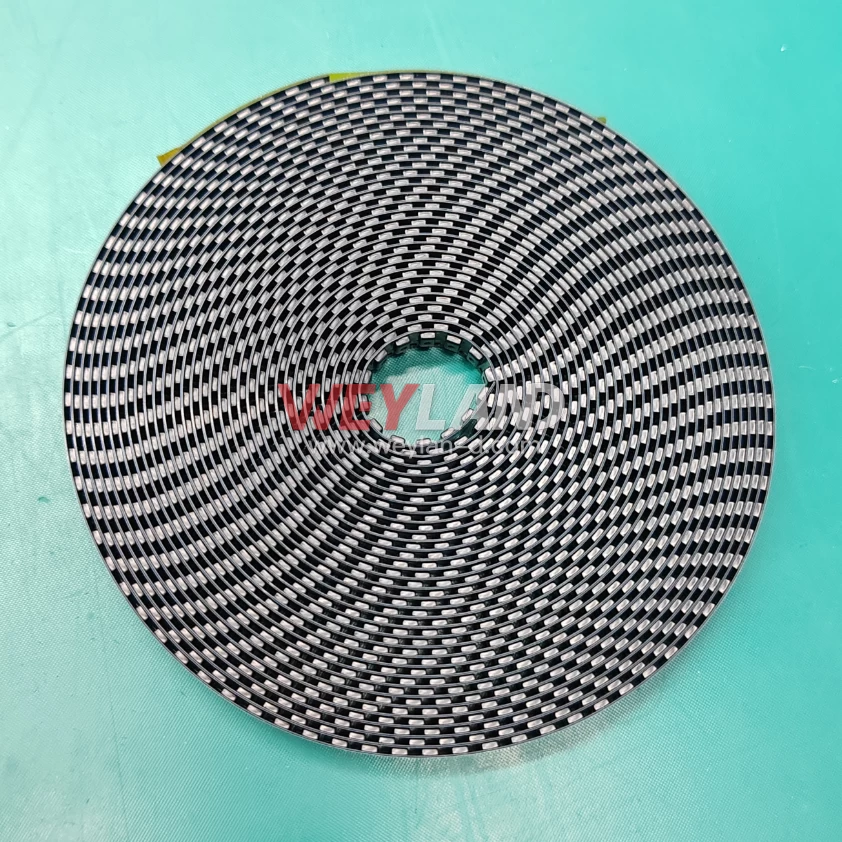
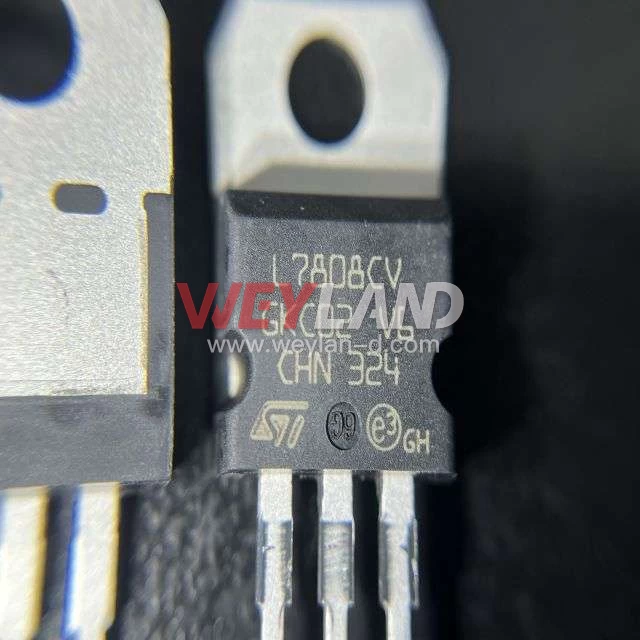

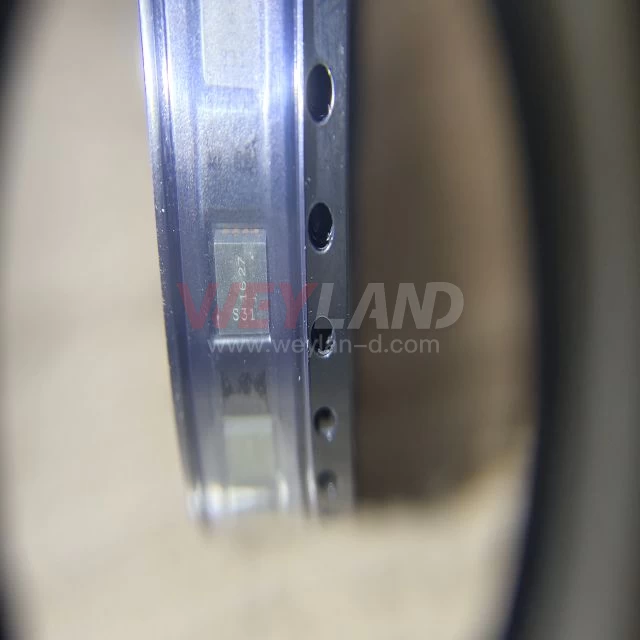
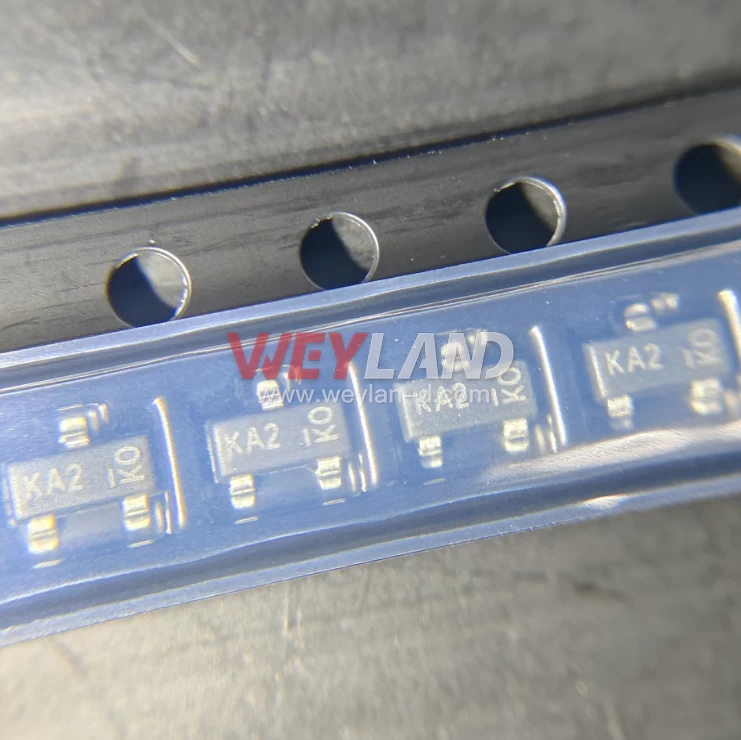
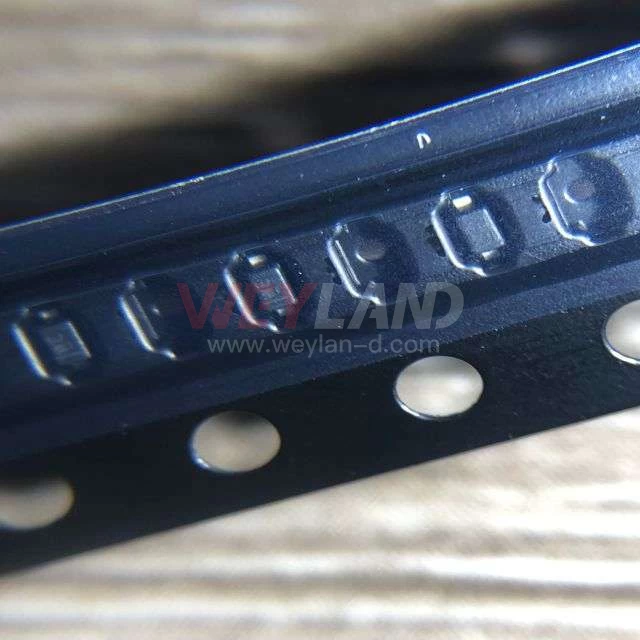
.9246509.png)


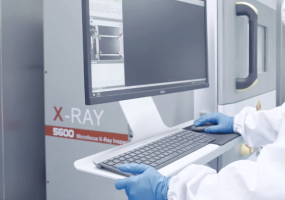

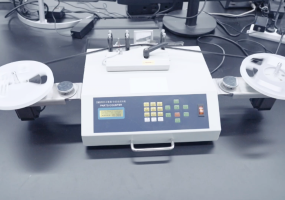







[email protected]
7500A BEACH ROAD #04-307 THE PLAZA SINGAPORE (199591)
RM 705.7/F.FA YUEN COMM BLDGNO.75-77.FA YUEN STREET.MONGKOK.KLN.HONG KONG
